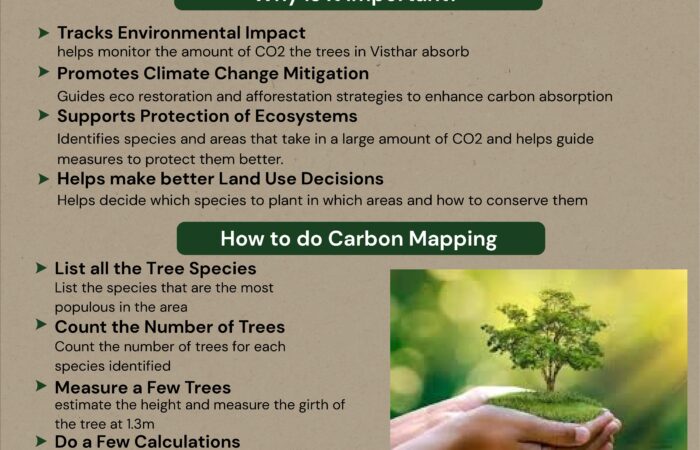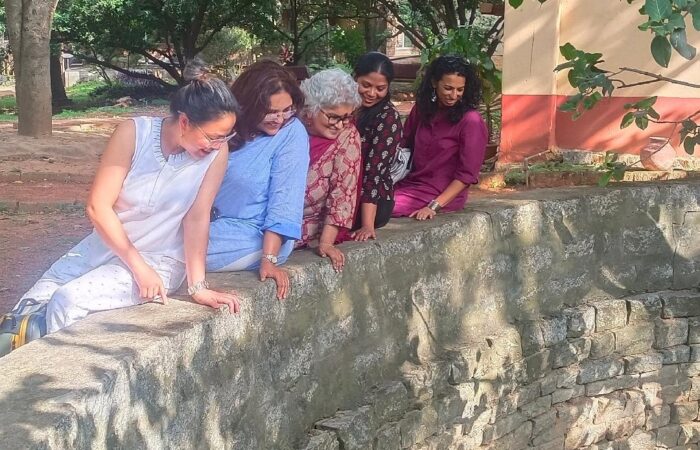Introduction
Bhoomi Habba, the Earth Festival, is an annual event held in Bengaluru. It serves as a vital platform for reflection, learning, and action concerning the pressing environmental challenges facing our planet and its inhabitants.
The festival presents a powerful counter-narrative to the exploitation of natural resources, advocating a worldview rooted in love, respect, equity, and justice for the Earth. Through inspiring performances, interactive workshops, insightful film screenings, engaging conversations, and eco-enterprises, Bhoomi Habba aims to reconnect people with nature. The goal is to foster a deeper, more sustainable relationship with the planet and inspire collective action for a healthier future.
For almost two decades, Bhoomi Habba has been a cherished annual event, celebrated around World Environment Day. Each year, the Visthar campus transforms into a vibrant hub of connection and learning, underscoring our collective responsibility in building sustainable futures.
The 17th edition of Bhoomi Habba, held on June 7th, 2025, focused on the critical theme of “climate resilience and sustainable communities,” acknowledging the urgent need to reimagine our relationship with the Earth and its environment.




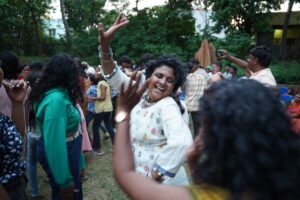
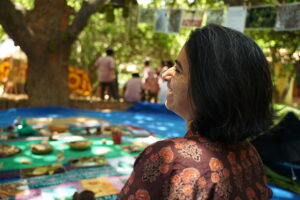 Bhoomi Habba truly lives up to its name as a celebration of diversity, creating an inherently inclusive space that meticulously caters to a wide spectrum of age groups and interests. The festival’s rich program ensures there’s something for everyone:
Bhoomi Habba truly lives up to its name as a celebration of diversity, creating an inherently inclusive space that meticulously caters to a wide spectrum of age groups and interests. The festival’s rich program ensures there’s something for everyone: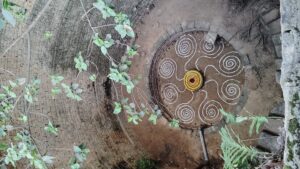 The global ecological crisis is deeply rooted in a mindset that treats nature and humans as resources to be exploited for profit. This worldview has led to overconsumption, inequality, and ecological collapse. At Bhoomi Habba, we advocate for a shift in consciousness toward care, interdependence, and justice. Real change starts with rethinking our everyday choices: consuming less, supporting local and sustainable alternatives, reviving traditional wisdom, and building community. Festivals like Bhoomi Habba aim to spark this shift, reminding people that solutions exist and are often rooted in simple, thoughtful actions at the individual and collective levels.
The global ecological crisis is deeply rooted in a mindset that treats nature and humans as resources to be exploited for profit. This worldview has led to overconsumption, inequality, and ecological collapse. At Bhoomi Habba, we advocate for a shift in consciousness toward care, interdependence, and justice. Real change starts with rethinking our everyday choices: consuming less, supporting local and sustainable alternatives, reviving traditional wisdom, and building community. Festivals like Bhoomi Habba aim to spark this shift, reminding people that solutions exist and are often rooted in simple, thoughtful actions at the individual and collective levels.